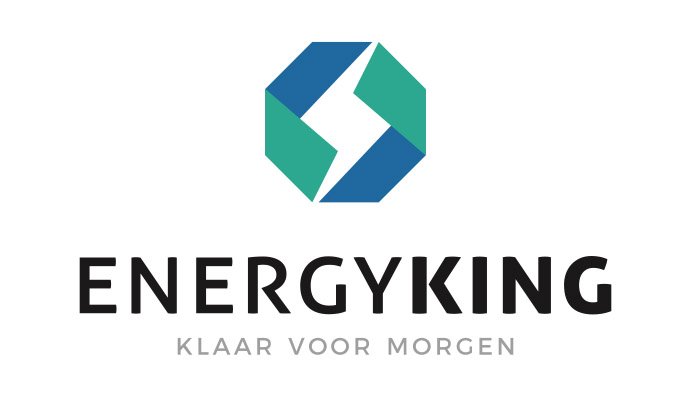In a remarkable news release from September 2023, it was announced that Flanders has already surpassed its 2023 renewable energy targets, with a stunning 505 megawatts of new solar panel installations in the first seven months of the year. This is more than three times the amount of solar energy installed of 150 megawatts in the previous year. The announcement came from Flemish Energy Minister Zuhal Demir, who said this is a promising step forward in the transition to renewable energy in Flanders.
Solar panels: Main source of green power
Solar panels have established themselves as the largest source of green electricity in Flanders, showing that they can cover about 9 percent of the total annual electricity demand. This means they are capable of powering nearly half of Flemish households. These impressive statistics are further underscored by the fact that 505 megawatts of solar power capacity was added in July 2023 alone, a huge increase compared to the previous year.
The striking success of solar energy in Flanders can be attributed in part to recent events, including the war in Ukraine and the subsequent energy crisis. Many Flemish people have responded by installing additional solar panels as a way to provide themselves with a reliable and cost-effective source of energy amid uncertainty in the energy market.
Targets exceeded, but ambition remains
With the 505 additional megawatts of solar power, Flanders has already reached the target of 450 megawatts set by the Flemish government for the entire year 2023. Minister Demir, however, has even greater ambitions and aims to break the 1,000 additional megawatts mark this year. This ambition is supported by new regulations that require companies with high energy consumption to install solar panels, which is expected to contribute to further growth in the coming years.
However, the success of the solar panel industry in Flanders has also brought challenges, particularly in the area of grid stability. Excessive injection of power into the grid can lead to excessive grid voltage, causing solar panel inverters to shut themselves down. Minister Demir stressed the importance of grid operator Fluvius to address and prevent these problems, with measures to handle complaints quickly and make the necessary infrastructural adjustments.
All in all, the recent success of solar panels in Flanders marks a remarkable shift toward renewable energy sources, demonstrating that the Flemish population is aware of the benefits of solar energy and is actively contributing to reducing dependence on fossil fuels. Minister Demir remains committed to further progress and emphasizes that this is only the beginning of a promising future for renewable energy in Flanders.





